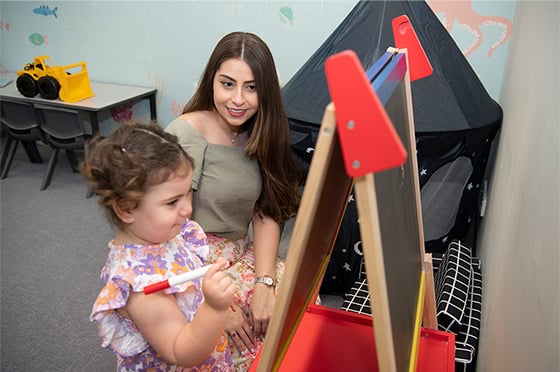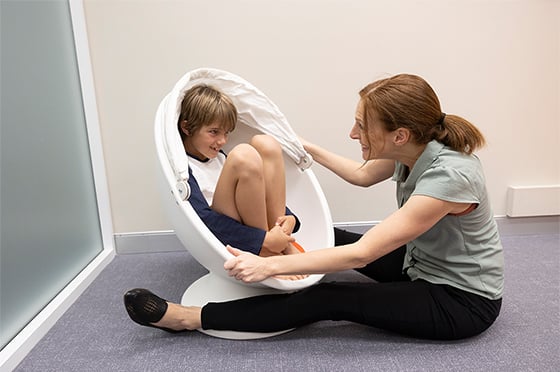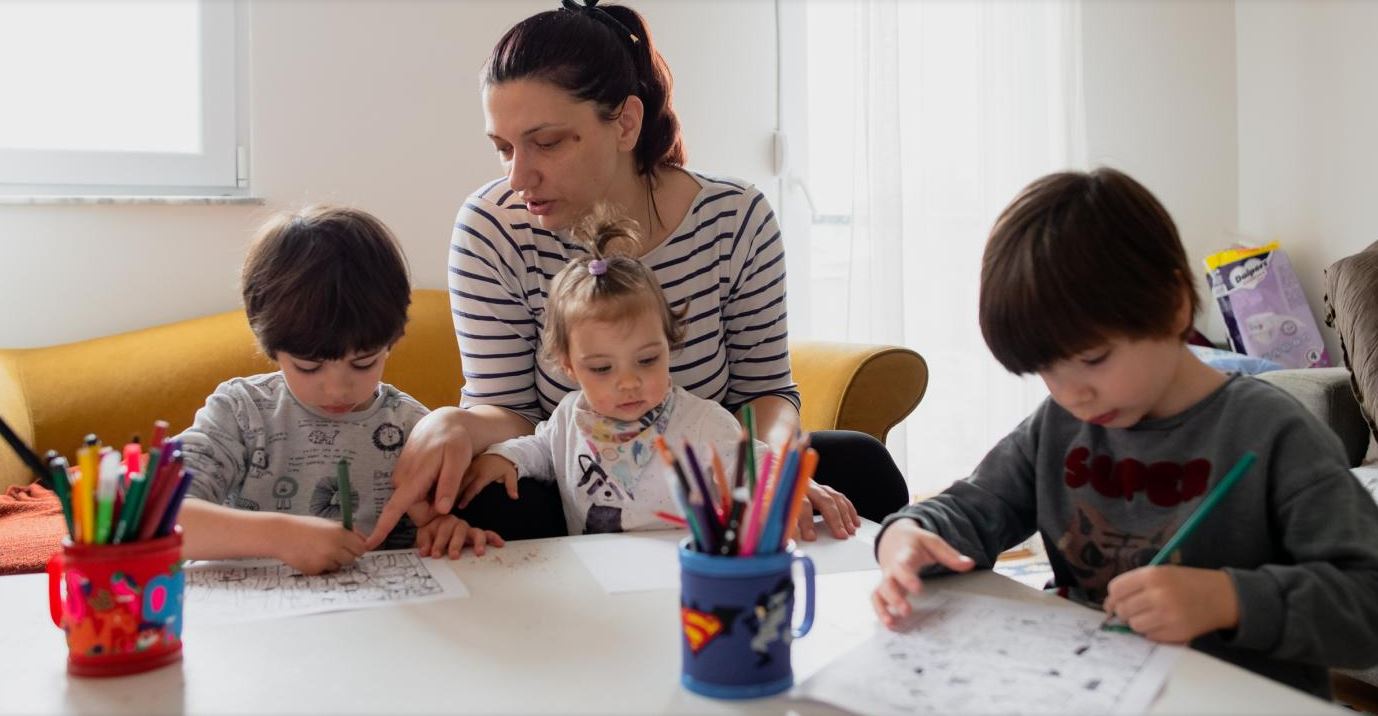Search

News & Events
What the autistic community wants you to know about autismFor World Autism Acceptance Day, we asked our clients, their families and the community to tell us what they would like people to know about autism. Senior Speech Pathologist Sally Grauaug compiled their ideas and feedback into this blog.

News & Events
Developing a pencil graspIn this blog, Senior Occupational Therapist Gayle Hillen explores the steps to developing a functional pencil grasp.

News & Events
Looking at autism through a social modelIn this blog, Speech Pathologist Linda Arabi discusses the social model and how it influences the supports we provide to autistic children and their families.

News & Events
Is it OK to speak more than one language with my child?Senior Speech Pathologist Marisa Di Lorenzo looks at social communication and language outcomes for bilingual autistic children.

News & Events
Talking to your child about their autism diagnosisIn this blog, Speech Pathology Lead Aria May explores how to talk to your child about a recent autism diagnosis.

News & Events
Autism Acceptance MonthIn this new blog, Speech Pathology Lead Aria May looks at the importance of Autism Acceptance Month and what you can do to move towards a truly inclusive community.

News & Events
Supporting siblings of autistic childrenIn this new blog, Senior Clinical Psychologist Rebecca Eaton offers families advice on how to support siblings of autistic children.

News & Events
How to stay sane in isolationIn this new blog, Occupational Therapist and Clinical Lead (OT) Marie Rodatz offers families advice on how to cope with home isolation with a child on the autism spectrum.

News & Events
Coping with COVID-19In this blog, Clinical Psychology Lead Dr Mei’en Lim offers families advice on how to navigate COVID-19 with an autistic child.

News & Events
Starting or returning to school after the holidaysWe know many autistic children may be more sensitive to transitions so may need some extra supports at this time.
